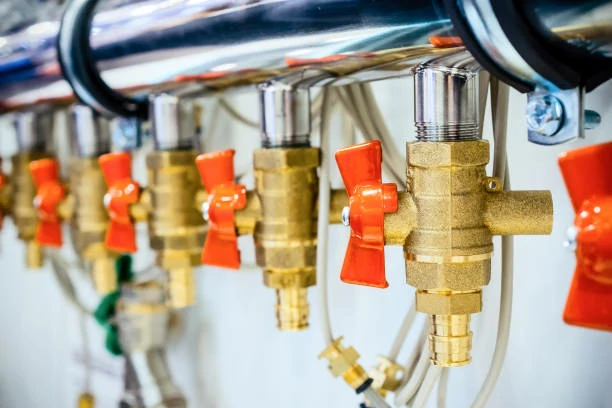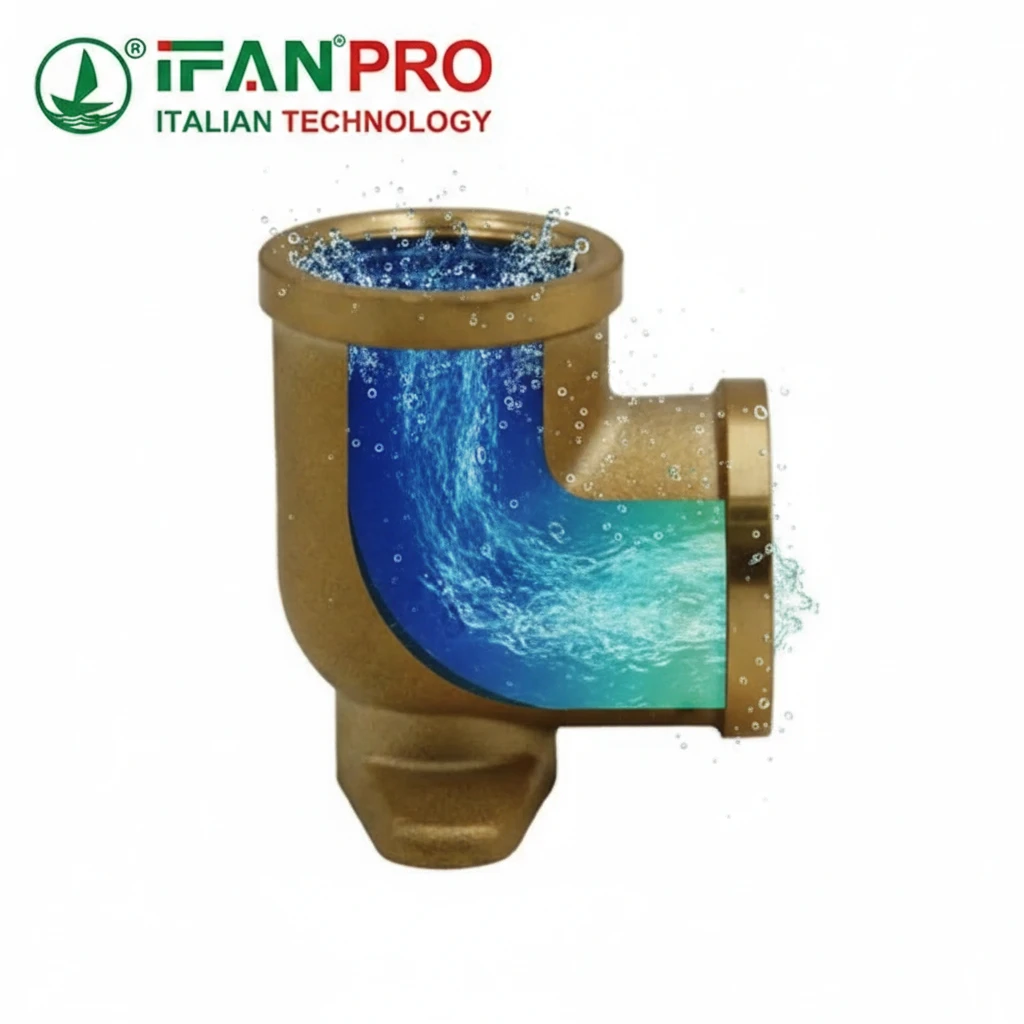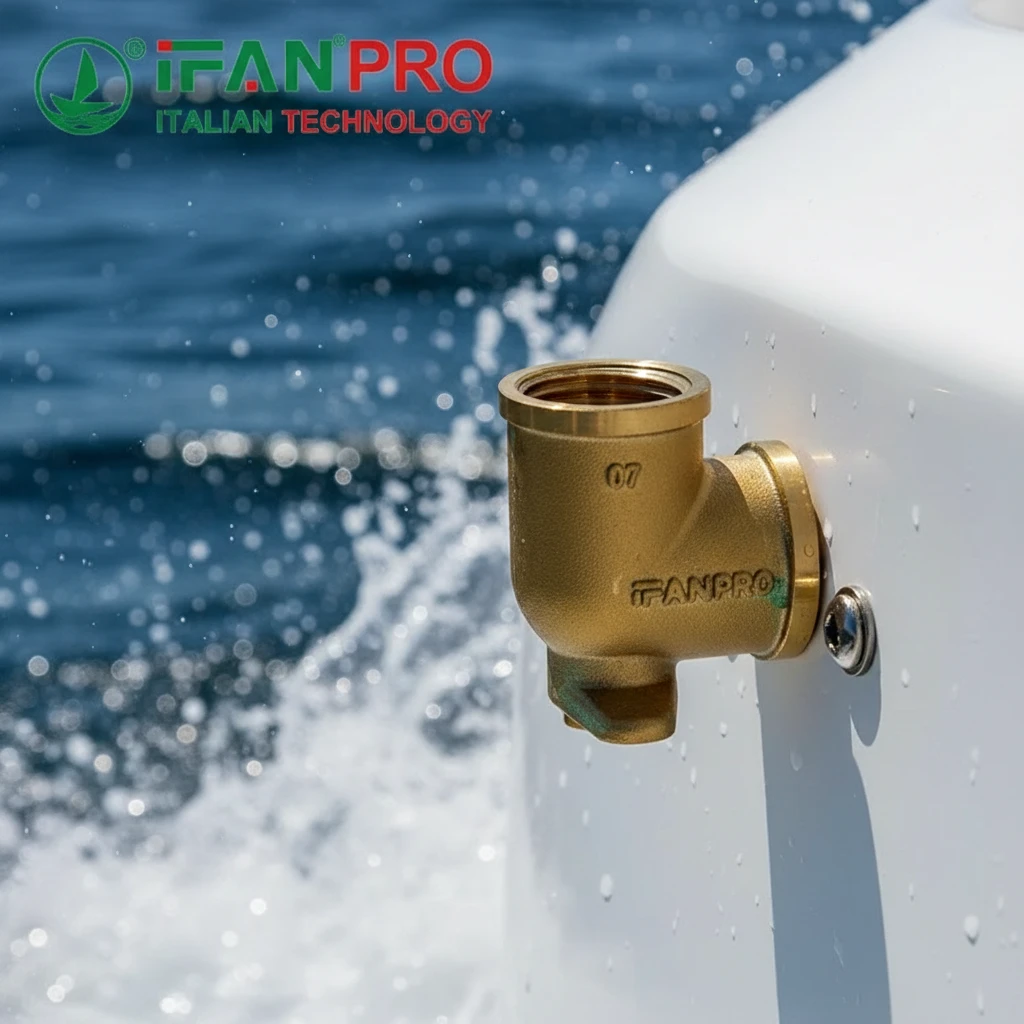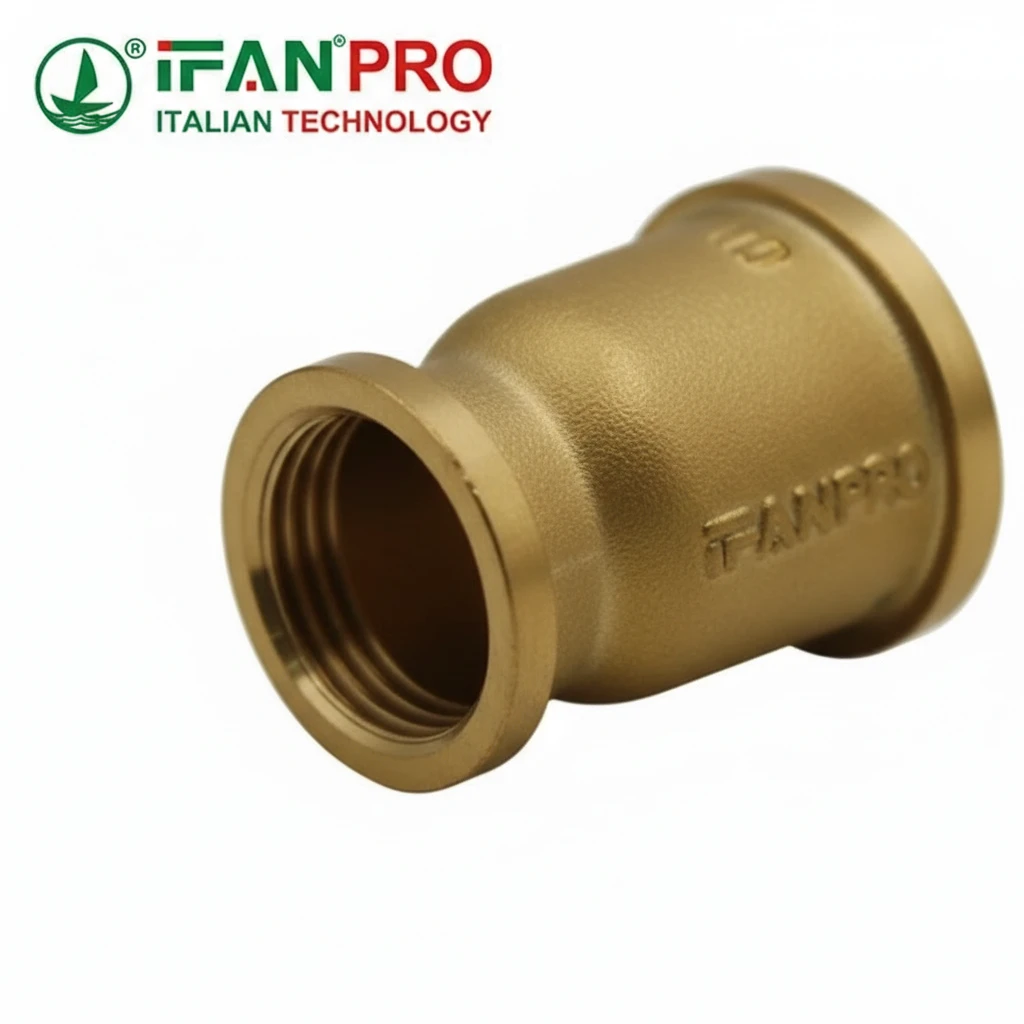Comparative Analysis of Copper Ball Valve and Stainless Steel Ball Valve
Введение
Copper ball valves are crucial components in various plumbing and industrial systems. They control the flow of liquids and gases efficiently. Copper and stainless steel are popular materials for ball valves, each offering unique benefits and drawbacks. This analysis compares the properties, applications, advantages, and disadvantages of copper ball valves and stainless steel ball valves.
Material Properties
Brass Ball Valves
Copper ball valves are known for their excellent thermal conductivity and corrosion resistance. Copper is a malleable material, making it easy to shape and install. It also has natural antimicrobial properties, which inhibit the growth of bacteria.
Stainless Steel Ball Valves
Stainless steel ball valves are made from an alloy containing iron, chromium, and other elements. This composition gives stainless steel its remarkable strength and resistance to corrosion and oxidation. Stainless steel is also highly durable and can withstand extreme temperatures and pressures.
Applications
Brass Ball Valves
Copper ball valves are commonly used in domestic water supply systems, heating systems, and air conditioning units. Their antimicrobial properties make them suitable for potable water systems. They are also used in applications where heat conduction is crucial, such as in refrigeration and HVAC systems.
Stainless Steel Ball Valves
Stainless steel ball valves are used in a wide range of industrial applications, including chemical processing, oil and gas, food and beverage, pharmaceuticals, and water treatment. Their durability and resistance to extreme conditions make them ideal for harsh environments. They are also suitable for high-pressure and high-temperature applications.
Advantages
Copper Ball Valves
- Thermal Conductivity: Copper’s high thermal conductivity makes these valves ideal for heating and cooling applications.
- Устойчивость к коррозии: Copper resists corrosion from water and most non-acidic substances.
- Antimicrobial Properties: Copper inhibits bacterial growth, making it ideal for potable water systems.
- Простота установки: Copper’s malleability allows for easier installation and adjustments.
Stainless Steel Ball Valves
- Strength and Durability: Stainless steel provides exceptional strength and longevity.
- Устойчивость к коррозии: Stainless steel resists corrosion from chemicals, water, and acidic environments.
- Temperature and Pressure Tolerance: Stainless steel valves can handle extreme temperatures and high pressures.
- Универсальность: Suitable for a wide range of industrial applications.
Disadvantages
Copper Ball Valves
- Cost: Copper is generally more expensive than other materials.
- Strength: Copper is not as strong as stainless steel, limiting its use in high-pressure applications.
- Susceptibility to Acidic Corrosion: Copper can corrode in acidic environments.
Stainless Steel Ball Valves
- Cost: Stainless steel valves are typically more expensive due to the material and manufacturing processes.
- Weight: Stainless steel is heavier than copper, which can complicate installation and handling in certain applications.
- Conductivity: Stainless steel has lower thermal conductivity compared to copper.
Performance in Specific Conditions
Устойчивость к коррозии
Copper ball valves excel in freshwater environments and applications where antimicrobial properties are beneficial. However, they can corrode in acidic or salty conditions. Stainless steel ball valves, particularly those made from 316 stainless steel, offer superior corrosion resistance across a broader range of environments, including acidic and saline conditions.
Temperature Tolerance
Copper ball valves perform well in moderate temperature applications, but they are not suitable for extreme temperatures. Stainless steel ball valves can withstand both high and low temperature extremes, making them suitable for a wider range of industrial applications.
Pressure Handling
Copper ball valves are suitable for low to moderate pressure systems. Their material properties limit their use in high-pressure applications. Stainless steel ball valves, on the other hand, can handle high-pressure systems effectively due to their superior strength and durability.
Соображения по поводу стоимости
Initial Cost
Copper ball valves generally have a lower initial cost compared to stainless steel valves. However, the cost difference varies based on valve size and specific application requirements.
Maintenance and Longevity
Stainless steel ball valves typically offer longer service life and require less maintenance compared to copper ball valves, particularly in harsh or industrial environments. This can result in lower overall lifecycle costs despite the higher initial investment.
Заключение
Choosing between copper and stainless steel ball valves depends on the specific requirements of the application. Copper ball valves are ideal for domestic water systems, HVAC, and applications needing high thermal conductivity and antimicrobial properties. Stainless steel ball valves are suited for industrial applications requiring high strength, durability, and resistance to extreme temperatures and pressures.
Подключайтесь
ИФАН является китайским производителем пластиковых труб, фитингов и клапанов с 30-летним опытом работы. Если вы заинтересованы в ИФАН медные фитинги, медные клапаны, пластиковые трубы и фитинги, пожалуйста, свяжитесь с нами. ИФАН предлагает вам разнообразные стандартные трубы для удовлетворения ваших конкретных потребностей. Нажмите ниже, чтобы узнать больше о широком ассортименте доступной и экономичной арматуры и сопутствующих товаров для трубопроводных систем от IFAN.
Мы ответим на ваше письмо или факс в течение 24 часов.
Вы можете позвонить нам в любое время, если у вас возникнут вопросы по нашей продукции.
Для получения дополнительной информации, пожалуйста, посетите наш веб-сайт https://ifanpro.com/
Отправить по почте: [email protected]
Whatsapp: + 86 19857948982














Последние комментарии